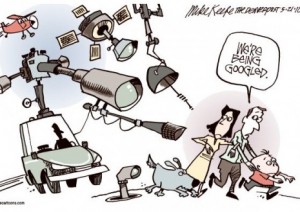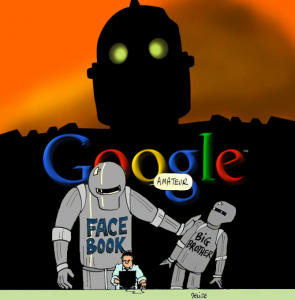Although it is easy to point the finger and say using child labor is a terrible thing (which I agree with), you have to look from the perspective of this kids in third world countries before drawing a conclusion (To see a list of the biggest companies that have used sweatshops click here). In Florence’s blog “Business Ethics” he discusses that the child labor used in Apple’s supply chain is unethical and should never be done. It is easy to say from our perspective that it is unethical because kids shouldn’t have to work in bad working conditions while getting paid extremely low wages compared to our standards. The truth is that sometimes sweatshops are the only option for kids to survive. They don’t have caring families to meet their needs and feed them like we all had growing up. They have to fend for themselves and find ways to make money just to buy enough food to survive. According to an article “Sweatshops best alternative for workers in many countries” it explains that sweatshops generally pay better and the working conditions are much better than other jobs within third world countries. When companies get exposed for using child labor the company immediately comes in and gets rid to all of the children working in the factory. This action leaves the kids with no way to earn money to buy food for themselves and no better alternative.
Weeks, Bob. “Sweatshops best alternative for workers in many countries.” Wichita
Liberty. Web. Oct 23. 2014. <http://wichitaliberty.org/economics/ sweatshops-
best-alternative-for-workers-in-many-countries/>.








